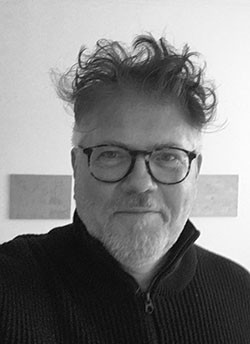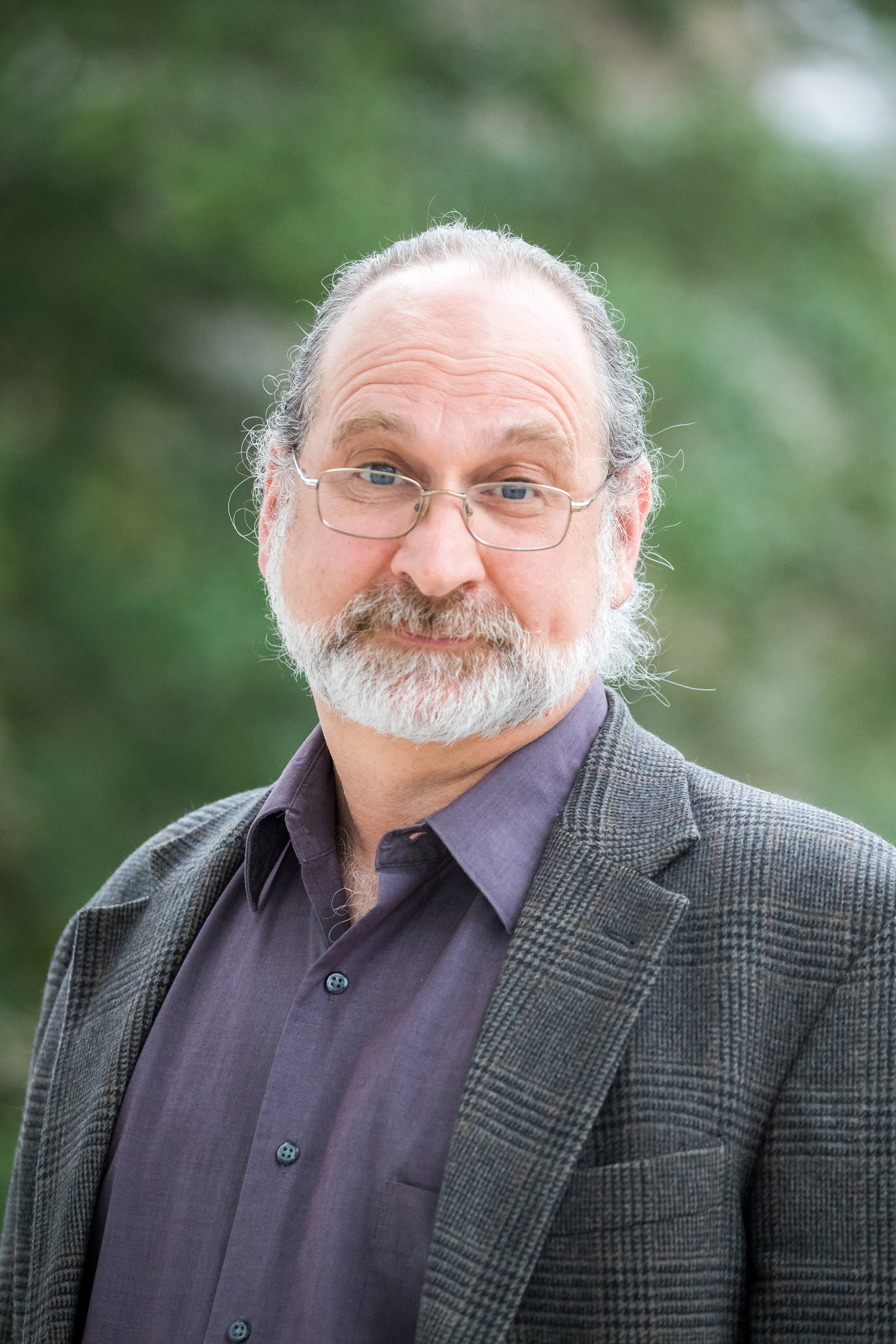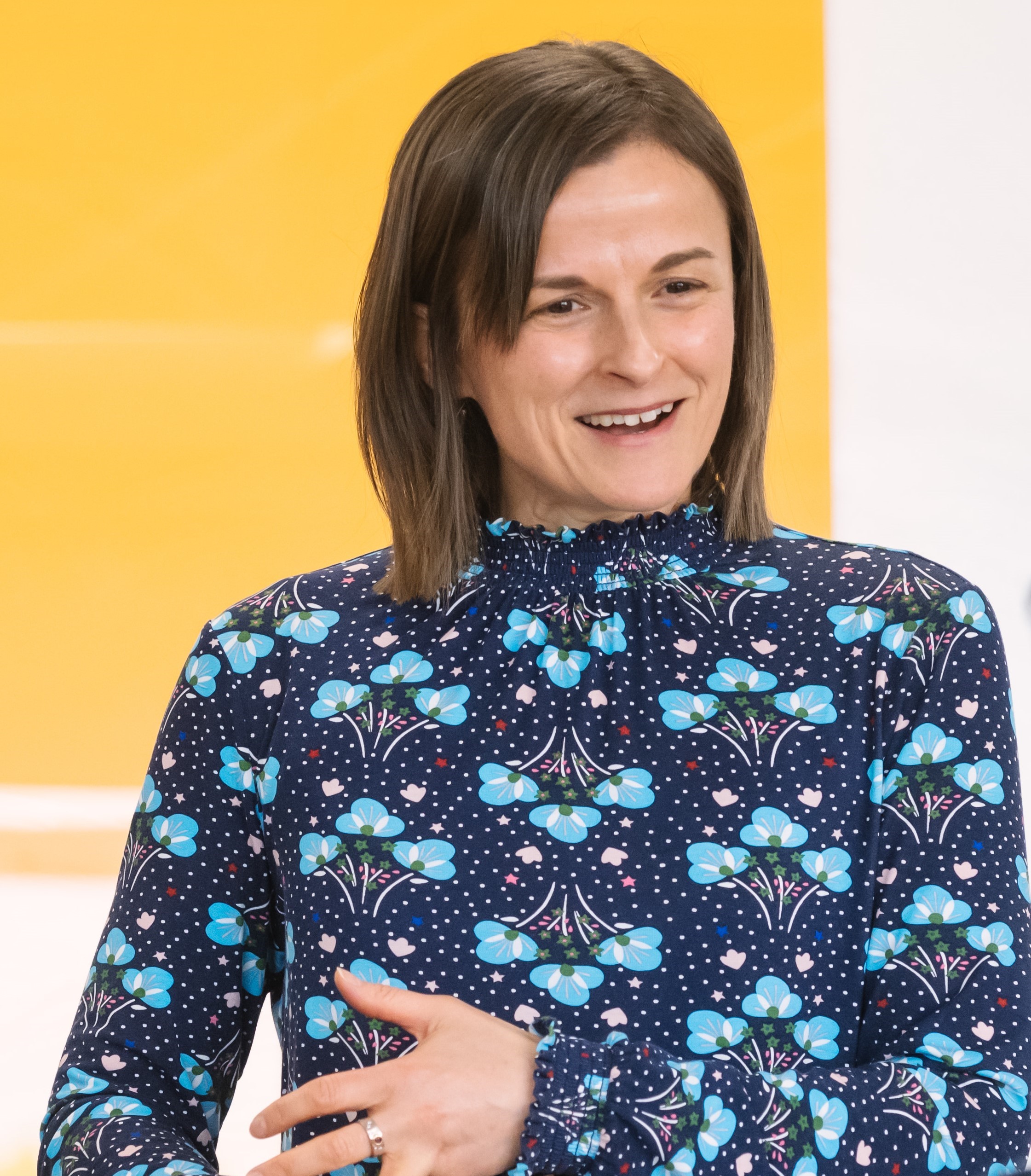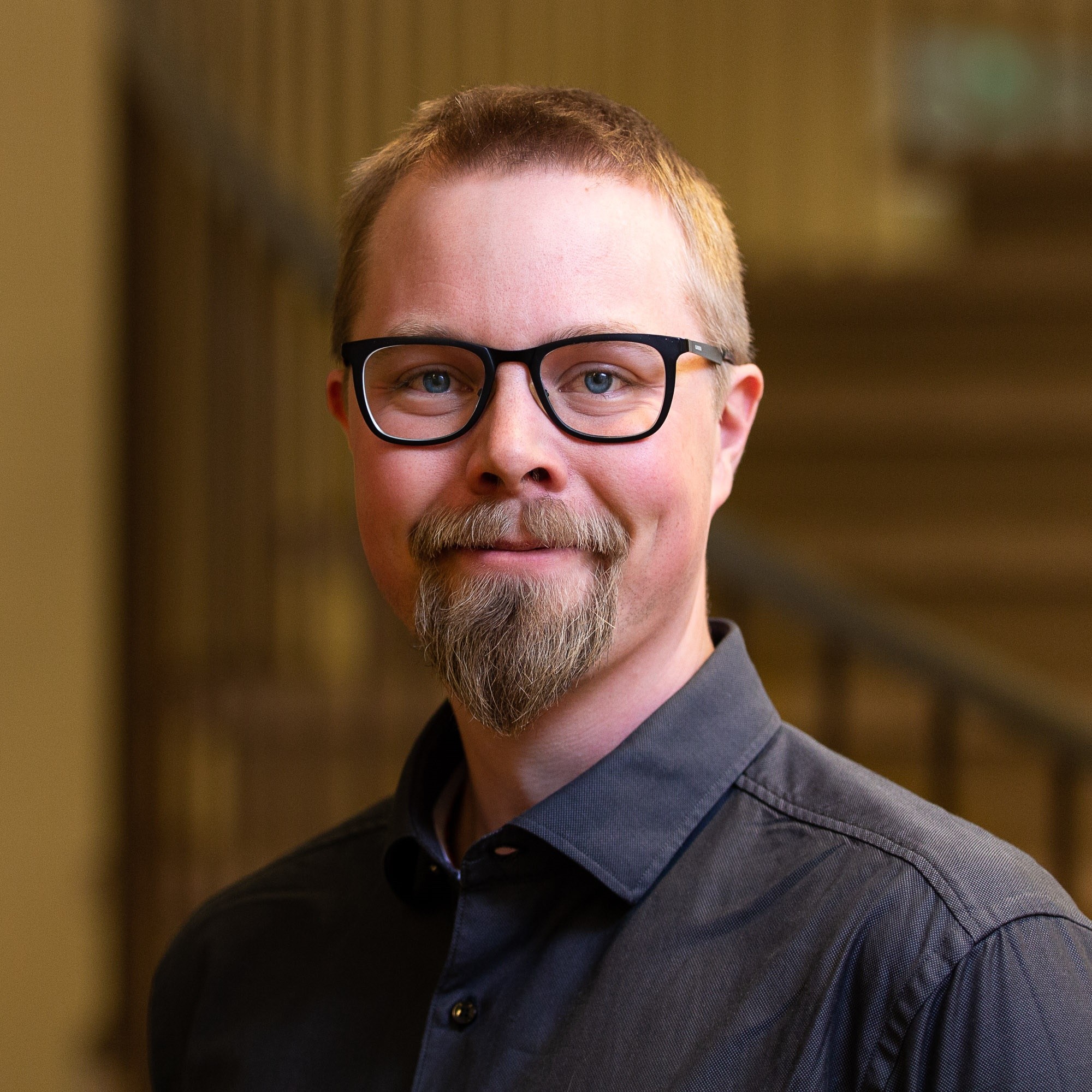
University of Alberta, Canada
The comedic technique of riffing, popularized by the 1990s American television program Mystery Science Theater 3000 and its offspring, involves a running humorous commentary on a parallel narrative form unfolding in real time, such as a short film or movie. Scholarly work on riffing is sparse, but riffing interestingly offers a parallel in its core structure and processes, to that of figurative language for which there is an extensive cross-disciplinary literature. Recent analyses of a wide array of figurative forms suggest that both figurativity and riffing involve a “frame-contrasts within frame-layerings” model (Colston, 2025), which enables an understanding of how the communicative forms’ use of this structure can result in different interpretive outcomes despite sharing a core component. How such a comparison between riffing and figurativity is related to other recent accounts of the underestimated “social work” performed by figurative language, and how the model addresses two long-standing tenets of figurativity writ large, sequentiality and cross-domain mapping, are additionally discussed.
Herbert L. Colston is a Professor in the Department of Linguistics at the University of Alberta, Canada. His research investigates multiple forms of figurativity—their comprehension and usage, humour, and theories of both embodied and social meaning. He is Editor-in-Chief of the journal Metaphor and Symbol and he co-edits the John Benjamins book series Figurative Thought and Language with Angeliki Athanasiadou.

Gettysburg College, USA
Steve Gimbel is the William Bittinger Professor of Philosophy at Gettysburg College in Pennsylvania. His research focuses on the philosophy of physics with a focus on the philosophical ramifications of the general theory of relativity and the philosophy of humor with a focus on the philosophical ramifications of the general theory of relativity. He is the author or editor of twelve books including In on the Joke: The Ethics of Humor and Comedy with Thomas Wilk and Isn’t that Clever: A Philosophical Account of Humor and Comedy.

Brunel University, United Kingdom
Dr Sharon Lockyer is the Founding Director of the Centre for Comedy Studies Research (CCSR) at Brunel University of London, UK. Sharon’s research focuses on the sociology of comedy, critical comedy studies, comedy and identity, and the ethics and aesthetics of comic discourse, and she is widely published in these areas. Her research engages with, and impacts, a range of stakeholders across public, private, and third sectors. She is the Founding Co-editor of the Palgrave Studies in Comedy book series, and she is also on the Editorial Boards of Humor: International Journal of Humor Research; European Journal of Humour Research; International Studies in Humour; and Comedy Studies. Sharon has served as elected President, Past President and Executive Board Member for the International Society for Humor Studies (ISHS).

University of Zurich, Switzerland
Mirella Manfredi is an SNSF Starting Grant Assistant Professor at the University of Zurich, where she leads the Neurodiversity and Cognition Lab in the Department of Child and Adolescent Psychiatry. She earned a PhD in Cognitive Neuroscience from the University of Milan-Bicocca, which included a research visit to the University of California, San Diego. After her PhD, she conducted research at Mackenzie Presbyterian University in São Paulo, Brazil, and from 2018 to 2024 at the University of Zurich’s Department of Psychology and at UniDistance Suisse (Brig, Switzerland). Her research explores the neurocognitive foundations of humor, with a particular focus on how both neurotypical and autistic individuals process humorous and positive information. Her lab adopts a multidisciplinary, multimodal approach grounded in the neurodiversity paradigm, which understands autism as a natural variation in human development.

University of Oulu, Finland
Henri Olkoniemi earned his PhD in Psychology from the University of Turku, Finland. He is currently a University Lecturer at the University of Oulu, Finland, where he also leads the Perception, Cognition, and Language Research Group. His research primarily focuses on individual differences in language processing, with a particular interest in figurative language, such as irony and metaphor. Through his work, he aims to offer new insights into how we understand complex language in everyday communication. To this end, he has, for example, served as a co-guest editor for a special issue of Discourse Processes on new approaches to figurative language research.


